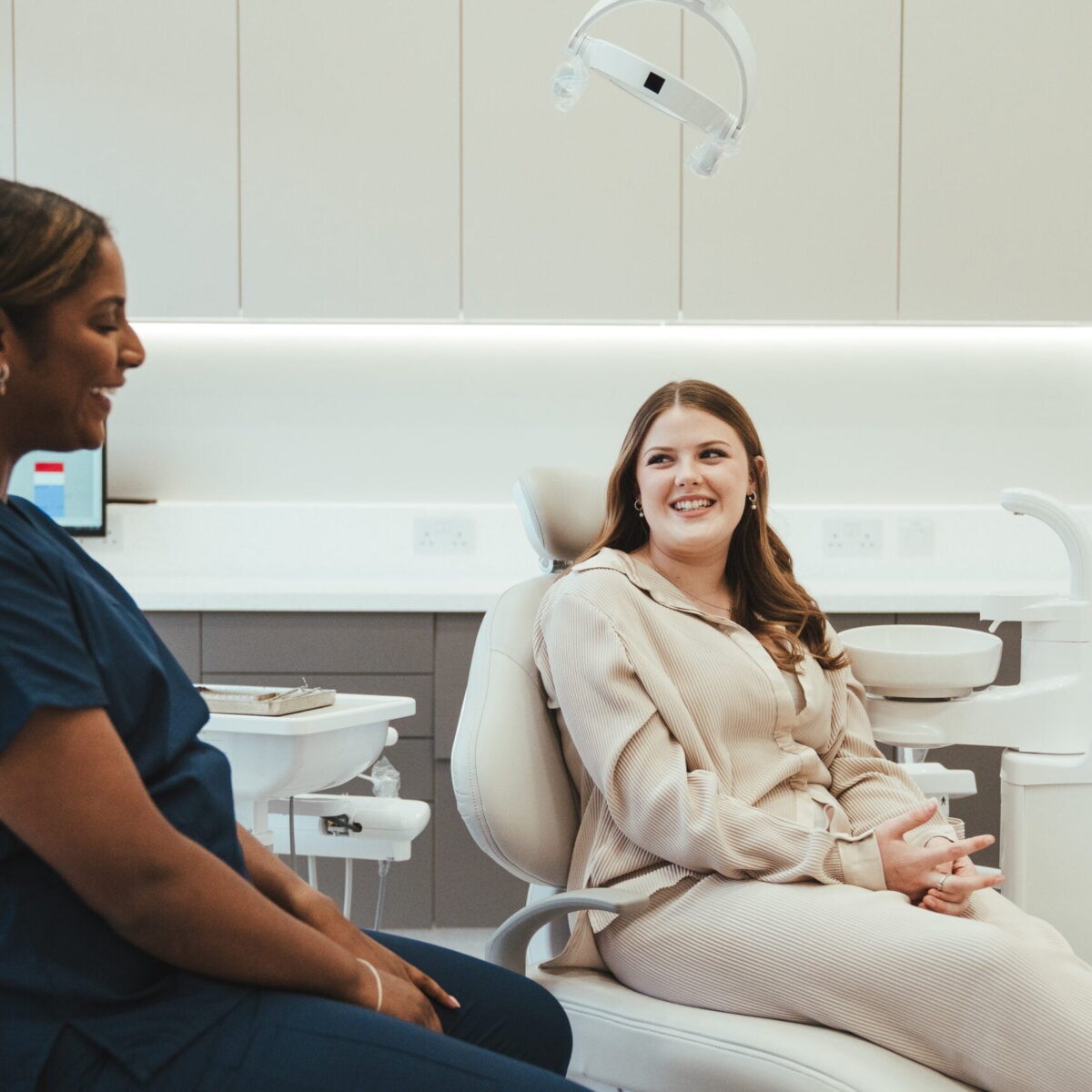Our smiles are one of the most powerful tools we have for communication. They convey warmth, confidence, and happiness. However, maintaining a healthy smile takes more than just daily brushing and flossing. Preventative dental care plays a pivotal role in preserving your pearly whites and overall well-being. In this blog, we’ll explore the importance of preventative dental care, discussing its benefits, key components, and practical tips to maintain a winning smile.
Preventative Dental Care: What Is It?
Preventative dental care, also known as preventive dentistry, focuses on maintaining oral health to prevent dental problems rather than treating them once they’ve occurred. This proactive approach includes regular dental check-ups, hygiene practices, and patient education to promote healthy teeth and gums.
Benefits of Preventative Dental Care
Saves You Money: Preventing dental issues through regular check-ups and cleanings can save you a substantial amount of money in the long run. Treating dental problems, especially when they have progressed, can be costly.
Prevents Pain and Discomfort: Preventative care helps identify and address dental issues before they become painful and uncomfortable. This means less toothache and fewer dental emergencies.
Preserves Natural Teeth: Early intervention through preventative care helps preserve your natural teeth. When problems are caught early, they can often be treated with less invasive procedures.
Improves Overall Health: The health of your mouth is interconnected with your overall health. Preventing oral issues can help reduce the risk of systemic health problems like heart disease and diabetes.
Enhances Self-Confidence: A healthy smile boosts self-confidence and self-esteem. Preventative care ensures your smile stays bright and beautiful.
Key Components of Preventative Dental Care
Regular Dental Examinations: Visiting your dentist at least twice a year is essential. During these visits, your dentist will perform a thorough examination, looking for signs of cavities, gum disease, and other oral health issues. Radiographs may also be taken to detect problems that cannot been seen in the mouth, such as between the teeth and under existing fillings.
Professional Dental Hygiene: Even with impeccable home care, plaque and tartar can build up over time. Professional dental hygiene sessions with airflow treatment remove these deposits and biofilm, reducing the risk of plaque build up and subsequent gum disease and cavities.
Oral Health Education: Dentists and dental therapists provide valuable information on maintaining good oral hygiene. They can teach you proper brushing and flossing techniques and offer advice on diet and lifestyle choices that impact oral health.
Early Intervention: If your dentist identifies any dental issues during your check-up, they can address them promptly. This could involve filling cavities, treating gum disease, or recommending orthodontic work to correct bite issues.
Fluoride Treatments and Sealants: These preventive measures help protect your teeth. Fluoride treatments strengthen tooth enamel, while sealants create a protective barrier on the chewing surfaces of molars to prevent decay.
Customised Treatment Plans: Our clinicians will develop personalised treatment plans for patients with specific needs, such as those with a history of gum disease or a high risk of cavities.
Practical Tips for Maintaining Preventative Dental Care
Establish a Routine: Make brushing and flossing a daily habit. Brush at least twice a day for two minutes each time and floss at least once a day.
Choose the Right Tools: Use a soft-bristle toothbrush and fluoride toothpaste. The gold standard is to use an electric toothbrush for more effective cleaning.
Balanced Diet: Eat a balanced diet rich in fruits, vegetables, lean proteins, and whole grains. Limit sugary snacks and beverages, as they can contribute to tooth decay.
Avoid Smoking and Excessive Alcohol: Smoking and excessive alcohol consumption can harm your oral health. Quitting smoking and moderating alcohol intake can make a significant difference in your dental health.
Protect Your Teeth: If you play contact sports, wear a mouthguard to prevent dental injuries. Also, be cautious with hard foods that can chip or break your teeth.
Stay Hydrated: Drinking plenty of water helps keep your mouth moist, washes away food particles, and promotes saliva production, which is crucial for oral health.
Regular Dental Visits: Don’t skip your dental appointments. Even if you don’t notice any issues, regular check-ups are vital for early detection of problems.
Manage Stress: High stress levels can contribute to teeth grinding (bruxism), which can damage your teeth. Find healthy ways to manage stress, such as meditation or exercise.
Preventative dental care is not just about maintaining a bright smile; it’s about safeguarding your overall health and well-being. By taking a proactive approach to your oral health, you can prevent painful dental issues, save money, and enjoy the confidence that comes with a healthy smile.
Remember, good dental hygiene practices at home, combined with regular dental exams are the keys to a lifetime of optimal oral health. So, keep smiling and make preventative dental care a top priority in your life.



